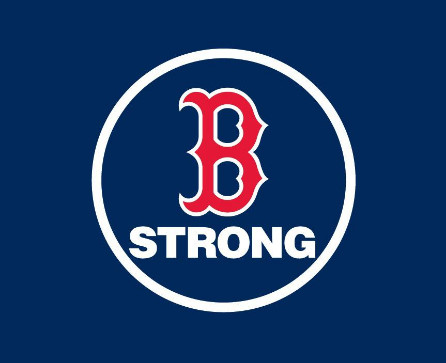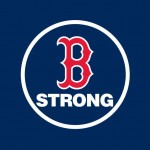
No doubts at the Boston Marathon
The 2014 Boston Marathon was going to be special, no matter who won.
That an almost 40-year old American, Meb Keflezighi, crossed the line first among the elite men made it an historic sporting day for U.S. running. No American had won the Boston Marathon since 1983.
 But any marathon these days is about more than world-class competition. In great cities like Boston the event usually turns into a day of celebration. Of course this year’s Boston Marathon was about much more.
But any marathon these days is about more than world-class competition. In great cities like Boston the event usually turns into a day of celebration. Of course this year’s Boston Marathon was about much more.
As the first edition of the race since last year’s finish-line area bombing in downtown Boston, the runners on this year’s course could face their fatigue and desperation setting in during the last few miles and easily answer the question that dogs every marathoner as their energies fade: Why again am I doing this? There were no doubts this year. You could see it in the willful grimaces and set jaws of men and women pushing toward the finish line. They ran for the victims. They ran for each other. They ran to overcome fear and despair. They ran for joy.
The spectators also marshaled their own energy and unleashed it on the course, despite conceding to remain behind new barriers and rope lines. At mile 16, they hooted and rung cowbells as the athletes girded for a grinding uphill section of the 26.2-mile course. Strangers cheered together for people they would never see again, calling out to them personally thanks to names scrawled on tank tops and shirts. The cheers were so loud they even got through to the runners plugged in to their headphones.
Every so often the cheers were drowned out. A Coast Guard MH-60 Jayhawk search and rescue helicopter lazily drifted overhead like the birds of prey that hunt in the area, conducting a regular patrol of the course in Boston’s western suburbs. As somebody who lived in Northern Virginia, the sight and sound of a Black Hawk overhead no longer fazes me. But when four Army Black Hawk helicopters flew over low and in formation, the sound took me back not to Falls Church but to Boston’s city-wide lockdown a year ago when military helicopters patrolled the neighborhoods around my house as law enforcement closed in on the fleeing bombers.
In the end, it is children who see it all clearly. At one point, emergency services pulled up and unloaded a stretcher, moving deliberately as they went to the aid of a woman in her 80s who may have been spectating or lived nearby.
“Why is that ambulance here?” said my 4-year old, born in Arlington, Virginia. I explained and she seemed satisfied with the answer. She went back to ringing a cowbell as we looked for friends among the thousands of runners passing by.
What she did not ask later stunned me.
She never asked once why the helicopters were there that day. For her, they always will be.





